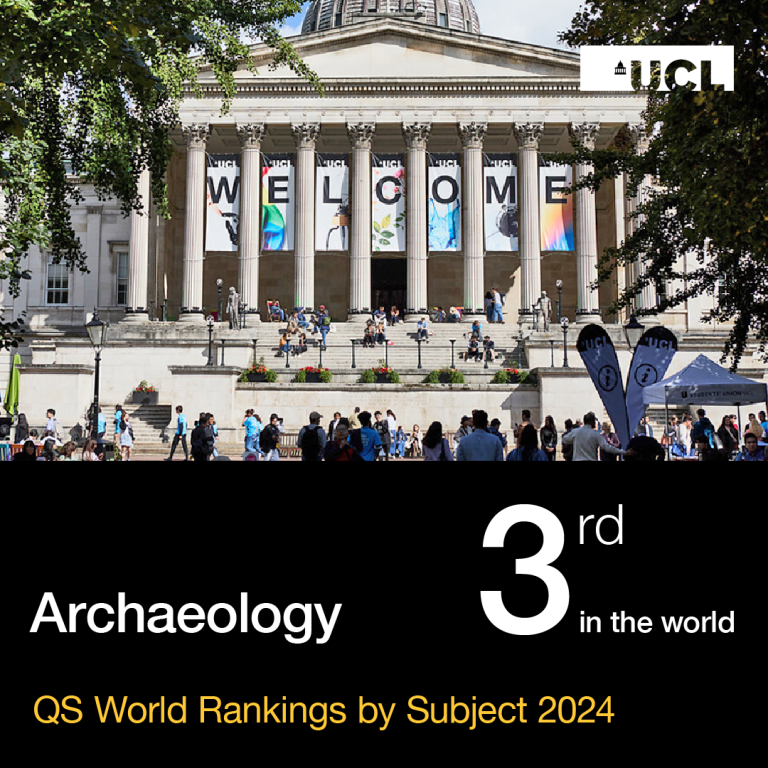Students enrolled in this module will learn to think critically and strategically about the dynamics, ethics, and practicalities of engaging diverse publics with research about the past.
Rooted in archaeology and heritage studies but with relevance to public history and anthropology, students will consider the historical and contemporary relationships between narratives about the past, how these narratives are curated, and the audiences they are intended (or not intended) for. Through a portfolio of work designed to build key professional skills in the heritage industry, students will gain experience connecting critical scholarship with best practices for researching and communicating with public audiences through a variety of media.
Aims of the module
- To enable students to think critically about the relationships between research, media, and audience in the process of presenting the past to the public.
- To encourage students to reflect on the histories of their discipline and how these have engaged, marginalized, or exploited past and present communities.
- To equip students to consider how diverse media and environments shape peoples’ experiences of the past, and how these have been produced historically.
- To understand how knowledge is produced socially, and how the key theories explaining this enable an understanding of publics as actively involved in making information about the past.
- To connect a theoretically rigorous understanding of public engagement with practical interventions appropriate to the heritage industry.
Learning Outcomes
By the end of the module, students will be able to:
- Explain the historical and contemporary development of the major social institutions involved in presenting the past to the public, and the impacts that these have had on the heritage industry in Britain today.
- Identify and utilize an appropriate range of media for communicating information about the past to diverse audiences.
- Develop presentation strategies grounded in a critical awareness of how knowledge is socially produced.
- Design and deploy appropriate evaluations of media and strategies for presenting the past.
- Locate communication strategies within the priorities and resources available to diverse heritage institutions in Britain.
Teaching Methods
Students will have one hour of lecture and one hour of seminar discussion per week for a total of 20 contact hours per term. Lectures will be supported by class readings and will cover key concepts and debates in the heritage interpretation and communication literature. Seminars will emphasise practical skills and will provide opportunities for students to work in small groups with instructor feedback to develop elements of their portfolios; this will constitute formative assessment for this module. Field trips will complement classroom learning but will not incur any additional cost for the students.
Students will be assessed on the basis of a portfolio of work that represents 100% of the final mark but with elements weighted individually toward that mark. Portfolio work will be developed in class during the course of the module with feedback from peers and instructors before submission. Portfolio elements will equip students to think critically about the diverse strategies, media, and audiences involved in presenting the past to the public and how these articulate with the priorities of specific heritage institutions. With this in mind, each student will orient their portfolio around an institution of their choice and will produce an assigned set of materials to address the communication needs of that institution including, but not limited to: a brief critical review of an existing exhibition or public-facing resource, an original guided tour of an exhibition or heritage place, an accessibility plan for that tour, and a social media strategy.
Module information
- Code: ARCL0215
- Credits: 15
- Coordinator: Gabriel Moshenska and Nadia Bartolini
- Prerequisite: None
- Handbook: open»
For registered students
- Reading list: open»
Availability
- Running in 2023-24
 Close
Close


